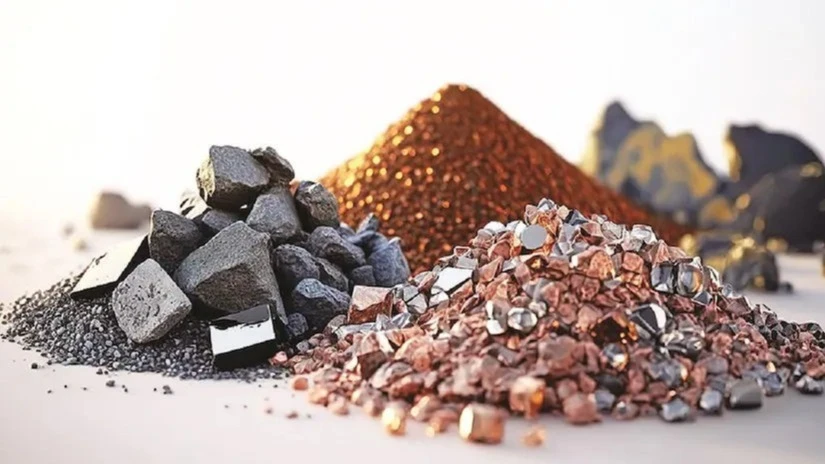Tanzania has reaffirmed its strategic partnership with the European Union to boost exploration and development of critical minerals vital for clean energy and sustainable economic growth. But while officials hail the collaboration as a pathway to industrialization, some civil society groups and environmentalists are raising red flags about long-term risks.
Speaking at the launch of the PanAfGeo+ 2025–2029 program in Dar es Salaam, Minerals Deputy Permanent Secretary Msafiri Mbibo emphasized Tanzania’s ambition to become a global supplier of graphite, lithium, cobalt, and rare earths—resources deemed essential for clean energy technologies.
The EU-backed PanAfGeo+ initiative, which supports geological surveys and technical training across Africa, aims to increase Tanzania’s critical minerals mapping coverage from 16% to 50% by 2030. With mineral exports reaching $3.5 billion in 2023 and accounting for over 56% of the country’s total exports, officials say the sector is fast becoming a cornerstone of the national economy.
“Tanzania is strategically positioned to support the global transition from fossil fuels,” Mbibo said. “We are committed to making responsible use of our mineral wealth to drive inclusive growth.”
Critics Question Transparency and Environmental Safeguards
However, not everyone shares the government’s optimism. Local watchdog groups and environmental advocates warn that the rush to tap critical minerals may come at a high cost.
“There’s an urgent need for environmental impact assessments to be made public and for local communities to be meaningfully consulted before new mining sites are developed,” said Fatuma Ndunguru, a campaigner with the Tanzanian Natural Resources Observatory. “Otherwise, we risk repeating the same mistakes of past extractive industries—displacement, pollution, and inequality.”
She also cautioned that relying too heavily on foreign partners like the EU may undermine national autonomy in managing natural wealth. “When Europe funds both the training and the data collection, we have to ask: who will really control the outcomes?” Ndunguru added.
Concerns Over Local Benefit and Accountability
Economists have also called for a clearer framework ensuring local value addition and equitable revenue sharing. “Exporting raw minerals may bring quick revenue, but it does not build long-term capacity,” noted Dr. Leonard Mwakapugi of the University of Dar es Salaam. “We need to see more investment in domestic refining, job creation, and technology transfer.”
The government insists it is aware of such concerns. Mbibo said measures are underway to promote environmental, social and governance (ESG) compliance, local content policies, and community benefit-sharing. He acknowledged that Tanzania is still in the early stages of developing its critical minerals sector but said legal reforms and stakeholder engagement are in progress.
EU Officials Emphasize Mutual Benefit
EU Ambassador Christine Grau stressed that the partnership is not extractive in nature but collaborative. “This is not just about raw materials—it’s about building African expertise and aligning with global sustainability goals,” she said.
Still, observers note that as the global race for critical minerals intensifies, Tanzania must tread carefully to ensure that its green future is not built on compromised local ecosystems or economic dependence.



